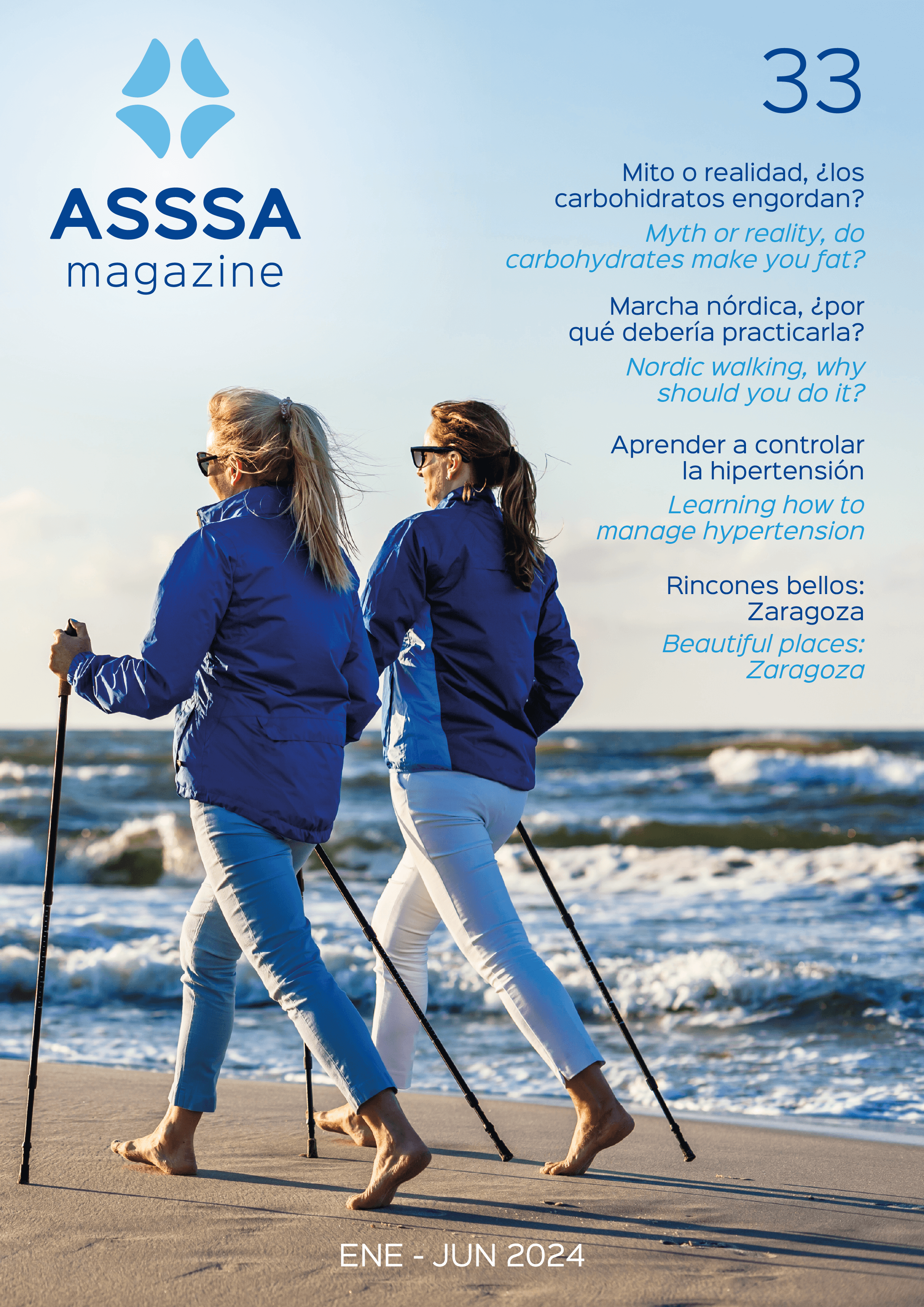
Since the beginning of time, one of mankind’s goals was the search to preserve food as long as possible. This gave rise to the development of the first food-preservation techniques: smoking, salting, pickling, etc. Today, this isn’t the agro-food industry’s only goal. With an increasingly demanding market, they seek to offer a product with the best organoleptic characteristics, nutritional properties, and if possible, for it to last year-round, which has led to a boost in the food additive market.
What are additives?
Additives are substances not normally consumed as food themselves that are intentionally added to food for technological purposes. They can be synthetic or natural in origin, derived from plant, animal or mineral products, and their classification refers to their technological role: colourants, preservatives, sweeteners, antioxidants, thickeners, and more.
How are additives regulated?
The European Commission regulates the use of additives in agro-food products under regulation 1333/2008. Authorisation is governed by three fundamental requirements: They must be safe, based on available scientific evidence, and verifying that the use level proposed does not pose safety problems to consumer health. Indeed, the European Food Safety Authority (EFSA) is in charge of conducting the study, considering:
- Compound identification.
- Manufacturing process, extraction or synthesis.
- Proposed use, amount in proposed foods, as well as other possibilities for use.
- Toxicological data, absorption, metabolism, excretion, genotoxicity, carcinogenicity, and more. Exposure assessment, bearing in mind different scenarios for all population groups in the European Union.
- Meet a technological need, that cannot be met by other economically and technologically feasible means.
- Not mislead the consumer, providing a benefit. The additives should be on the product ingredient list and are encoded with the letter E, followed by a code: colourants (E-1XX), preservatives (E-2XX), antioxidants (E-3XX) and sweeteners (E-4XX). With some products, although the trend is losing ground, we can find the comment “may have an adverse effect on activity and attention in children,” per requirements in regulation 1333/2008 when the following colourants have been used: E-110, E-104, E-122, E-129, E102 and E124.
Does consuming them pose a health risk to consumers?
Currently, 387 additives are authorised in the European Union. Each one of them has been evaluated, and a top limit proposed in order to ensure consumer health, even in cases with greater risk of exposure. Moreover, given that both the authorities and the very agro-food industry itself seeks to protect and guarantee food safety, tests are conducted to ensure that the limits are followed. The tests consist of analyses conducted by both public and private laboratories, in order to determine if the amount of the additive in question heeds legislated limits in the end product.
What happens if a product does not follow regulations?
If they find that the amount is above the regulated limit and the product has not reached the market, the item should not be sold and must be destroyed. If, on the other hand, the product is on the market, the European Commission has implemented a Rapid Alert System for Food and Feed procedure (RASFF). The product must be immediately removed from the market, and the alert is broadcast so as to provide for maximum dissemination and to protect consumer health. In conclusion, both the European Union and the Agro-food Industry provide the means necessary to protect consumer health, not only by controlling additives added to foods, but also undesirable substances that inevitably may contaminate the food.
Amanda Ramírez- Development Manager in Spain. Phytocontrol Analysis Laboratory
The information published in this media neither substitutes nor complements in any way the direct supervision of a doctor, his diagnosis or the treatment that he may prescribe. It should also not be used for self-diagnosis.
The exclusive responsibility for the use of this service lies with the reader.
ASSSA advises you to always consult your doctor about any issue concerning your health.












